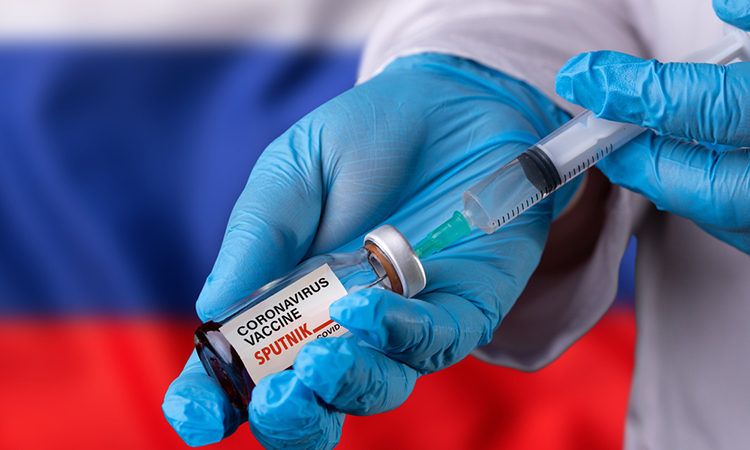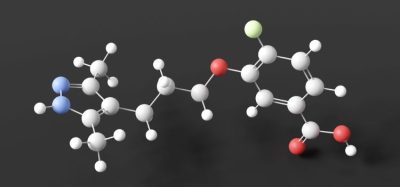Phase III trial shows Sputnik V COVID-19 vaccine is 91.6 percent effective
Posted: 3 February 2021 | Victoria Rees (European Pharmaceutical Review) | No comments yet
An interim analysis from a Phase III trial of the Sputnik V vaccine has shown it is effective against symptomatic COVID-19.


An interim analysis of data from the Phase III trial of the Sputnik V COVID-19 vaccine from Russia (Gam-COVID-Vac) suggests that a two-dose regimen of the adenovirus-based vaccine offers 91.6 percent efficacy against symptomatic COVID-19.
The preliminary findings are based on analysis of data from nearly 20,000 participants, three-quarters of whom received the vaccine and one quarter received a placebo.
Four deaths were reported in the trial, none of which were considered related to the vaccine. Most reported adverse events were mild, including flu-like symptoms, pain at injection site and weakness or low energy.
The Gam-COVID-Vac is a two-part vaccine that includes two adenovirus vectors – recombinant human adenovirus type 26 (rAd26-S) and recombinant human adenovirus type 5 (rAd5-S) – which have been modified to express the SARS-CoV-2 Spike (S) protein. The adenoviruses are also weakened so that they cannot replicate in human cells and cannot cause disease.
In this trial, participants were given one dose of rAd26-S, followed by a booster dose of rAd5-S 21 days later. The authors explain that using a different adenovirus vector for the booster vaccination may help create a more powerful immune response (compared with using the same vector twice), as it minimises the risk of the immune system developing resistance to the initial vector.
“Our interim analysis of the randomised, controlled, Phase III trial of Gam-COVID-Vac in Russia has shown high efficacy, immunogenicity and a good tolerability profile in participants aged 18 years or older,” said Dr Inna Dolzhikova, co-lead author from the Gamaleya National Research Centre for Epidemiology and Microbiology, Russia.
Between 7 September and 24 November 2020, a total of 21,977 adults were randomly assigned to receive the vaccine (16,501) or placebo (5,476). The trial was conducted across 25 hospitals and polyclinics in Moscow, Russia. PCR tests were conducted at screening and at dose two (21 days). A further PCR test was done if participants reported symptoms of respiratory infection. Efficacy of the vaccine was calculated on the basis of the proportion of participants with PCR-confirmed COVID-19.
From 21 days after receiving the first dose, 16 cases of symptomatic COVID-19 were confirmed in the vaccine group and 62 cases in the placebo group – equivalent to an efficacy of 91.6 percent.
The authors note that because COVID-19 cases were detected only when participants self-reported symptoms (followed by a PCR test), the efficacy analysis only includes symptomatic cases of COVID-19 and further research is needed to understand the efficacy of the vaccine on asymptomatic COVID-19 and transmission.
The trial included 2,144 participants older than 60 years and vaccine efficacy was 91.8 percent in this group. The vaccine was well tolerated and safety data from 1,369 of these older adults found that the most common adverse events were flu-like symptoms and local reaction.
The study was published in The Lancet.
Related topics
Biopharmaceuticals, Clinical Development, Clinical Trials, Research & Development (R&D), Vaccines
Related organisations
Gamaleya National Research Centre for Epidemiology and Microbiology









